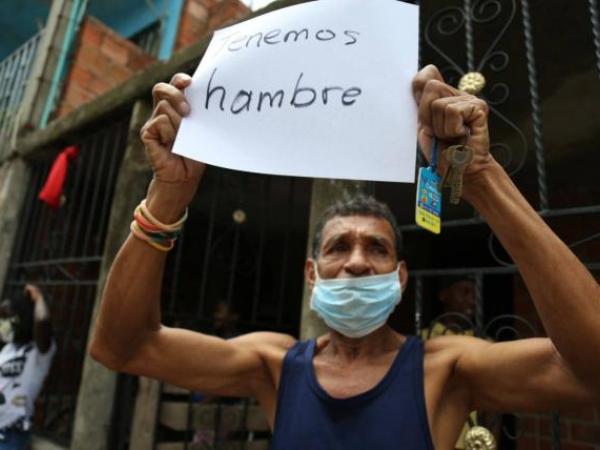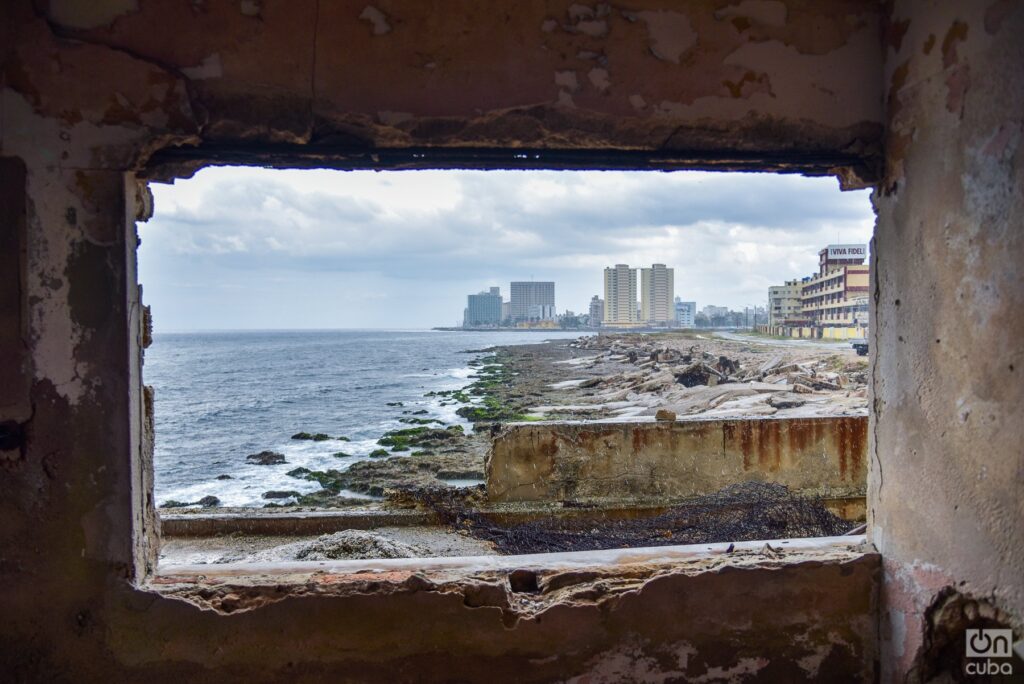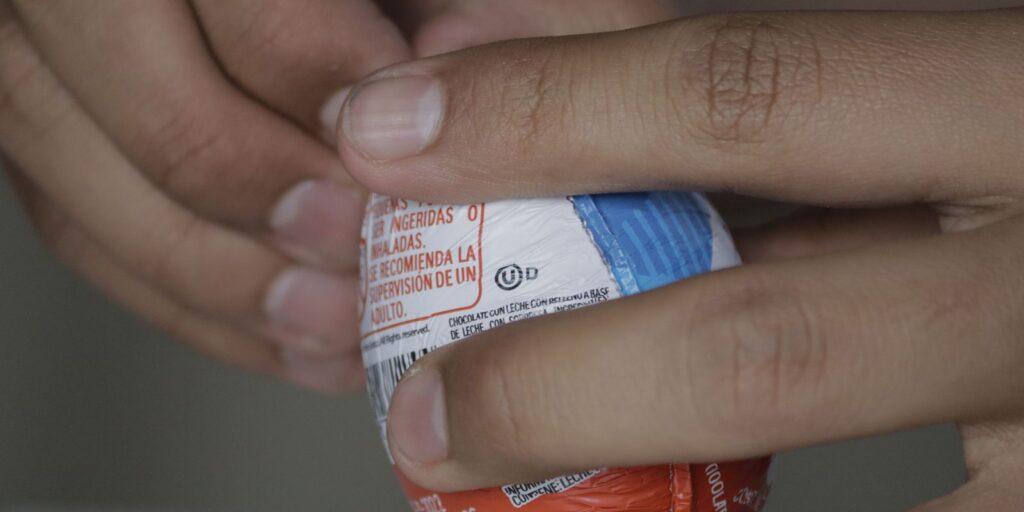Latin America is responsible for one out of every four tons of food produced in the world and, in value, It is the largest net food exporting region on the planet.surpassing the United States, Canada, Australia and New Zealand, according to Manuel Otero, Director General of the Inter-American Institute for Cooperation on Agriculture (IICA).
(The foods that have increased the most in price due to the war in Ukraine).
But that does not exempt her from the brutal backlash in food matters caused by the war between Russia and Ukrainewhich linked the pandemic with that other great catastrophe that is war.
In Colombia, for example, one out of every two households has insufficiencies in relation to Food and Nutritional Security (SAN), according to the Food and Agriculture Organization of the United Nations (FAO), but the situation it was aggravated by the war in Europe.
(The 5 most relevant data on poverty in Colombia and Latin America).
Before the Russian invasion of Ukraine began, the UN had announced that the World Food Program (WFP) and the FAO had identified a situation of acute food insecurity that would worsen between February and May 2022 in Colombia, Honduras and Haiti.
The situation is now more serious. Many Colombian farmers have seen their food production reduced by up to 50%in many cases, due to the very high prices of urea.
But the problem is not only Colombian. In Otero’s opinion, the concern is regional and many of the urgent measures that are adopted must be taken within the regional framework.
In the short term, the first measures are to try not to affect the most vulnerable sectors, with lower incomes, who have already been affected by the pandemic, and to mitigate the impact on the cost of food. We must also seek to guarantee the worthy survival of farmers and food producers in the fields.
The region’s agri-food sector is key to emerging from the crisis left by covid-19, estimated the 37th FAO Regional Conference for Latin America and the Caribbean that concluded in Quito on April 4.
“From farmers’ farms to consumers’ tables, the people, organizations and businesses that make up the region’s agri-food systems employ tens of millions of people. These systems are responsible for between 9 and 35% of the GDP of the countries of the region, and contribute 25% of their exports”, said the entity, hence the importance of adopting urgent measures.
The exporting countries of the region, such as Brazil, must reduce food sales abroad to ensure adequate levels of provisions within their interior, and the importing nations of the same, such as El Salvador, Honduras, Guatemala and Haiti, must try to reduce tariffs on imports to lower the cost of food and create food reserves internally, in Otero’s concept.
TRADE BETWEEN BLOCKS
The Director of IICA also considers that, given the global food situation we are facing, the conditions are in place to make a great call for trade between blocs of countries. “Trade within the continent must be ensured” but without neglecting that with other nations.
Brazil, a country that for every imported dollar generates 8 dollars of exports, contracts with some countries of the Eastern Caribbean, which for every imported dollar barely generates 3 cents in exports and that is what makes them much more vulnerable, he recalls. El Salvador imports 80% of its food, but the worst case is Haiti, the poorest country on the continent.
Last March 29 Russia was accused before the UN Security Council of causing a ‘global food crisis’ that could end in famine by attacking Ukraine and causing a war between grain producers. Russian President Vladimir Putin started the war and “created a world food crisis and he is the one who must stop it,” Wendy Sherman, number two in US diplomacy at that instance, told the agency.
Russia and Ukraine “provide 19% of the world’s supply of barley, 14% of wheat and 4% of corn”, that is, a third of global cereal exports, according to the FAO. In addition, they are the largest suppliers of rapeseed, (vegetable from whose seed canola oil is extracted) and participate in the world market with 52% of sunflower oil exports.
WHAT MATTERS
It does not matter that it is under regional trade with Russia and Ukraine. What needs to be considered is the imbalance that the war between the two is producing in our economies and that requires immediate actionOtero says. Since the conflict began, the prices of wheat, corn, soybeans and barley, among others, have increased. Wheat increased 21% and fertilizers 40%, for example.
We are in a scenario of an inflationary outbreak caused especially by the increase in food prices, and the inflationary impact, unlike in the US and Europe, which would be 12%, in Latin America could reach 25%. , calculates Otero.
He reiterates that the current situation poses a double dilemma: helping consumers with low food prices and guaranteeing a decent income for growers in rural areas. IICA, which brings together the region’s Ministers of Agriculture in its highest body, is very concerned about what is happening and has been holding high-level meetings to analyze each of the issues that affect us regionally. At the end of March he touched on the issue of fertilizers and the meetings will continue in other fields.
Otero is convinced that what is happening cannot be solved by a single country and that it is necessary to form coalitions and increase trade between blocs.
GLORY HELENA KING
BRIEFCASE


















